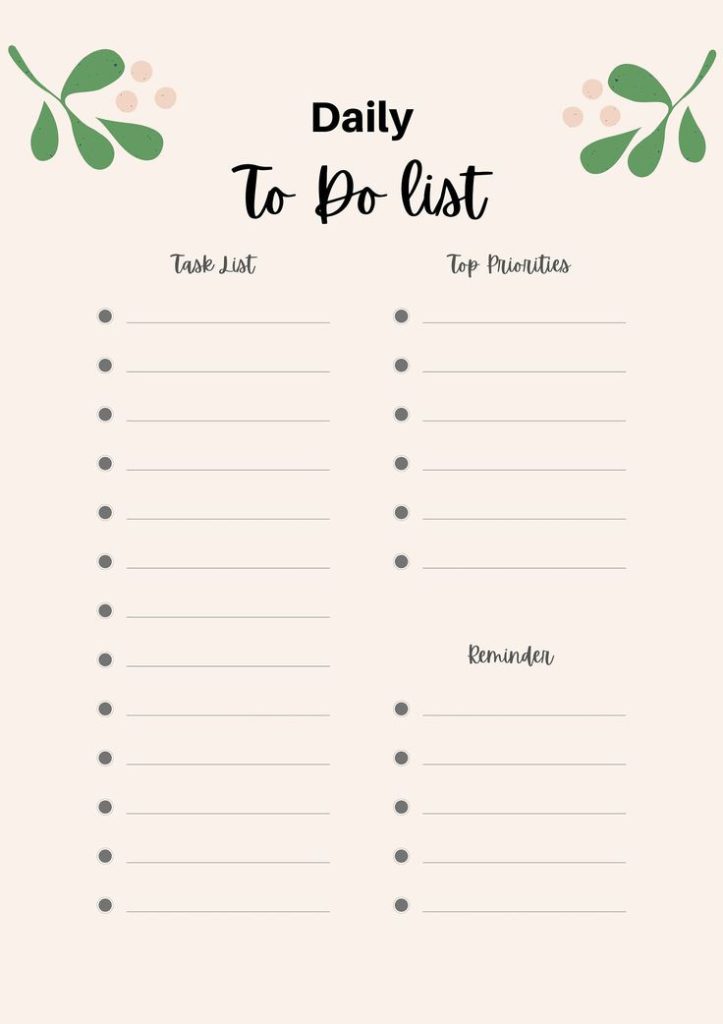Overthinking can be a significant obstacle to productivity and peace of mind. While occasional reflection is healthy, excessive rumination often leads to stress, anxiety, and a feeling of being stuck. Fortunately, adopting certain habits can help break this cycle and bring clarity to your thoughts. Starting with a calming and productive ritual helps reduce mental clutter right from the beginning. Practice 5-10 minutes of mindfulness or meditation to center your thoughts. Write down your top three priorities for the day in a journal. Engage in light physical activity, such as yoga or a walk, to release stress.

Here’s a comprehensive guide to help you stop overthinking using practical, actionable habits:
1. Practice Mindfulness Daily
Mindfulness helps you anchor yourself in the present moment, reducing the tendency to dwell on the past or worry about the future. Dedicate 5-10 minutes daily to mindful breathing or meditation. Focus on your surroundings, like the sounds, textures, or smells around you. Use guided meditation apps if you’re new to the practice.

2. Set Specific Times for Reflection
Overthinking often happens when your thoughts wander without structure. Allocating specific times for reflection can help contain this. Create a “worry journal” where you jot down your concerns during a designated 10–15-minute session. Once the session ends, consciously shift your focus to other activities.

3. Schedule Breaks for Relaxation
Overthinking often stems from burnout or fatigue. Including short breaks in your routine helps your mind reset and prevents mental exhaustion. Suggestions for Break Activities Step outside for fresh air and sunlight. Practice deep breathing or listen to calming music. Indulge in a hobby like sketching, reading, or gardening.

4. Limit Time Spent on Overthinking Triggers
Identify activities or habits that fuel overthinking, such as excessive social media scrolling or unstructured free time. Replace them with positive, goal-oriented tasks. Action Plan Set time limits for social media use. Engage in activities that require focus, like cooking, crafting, or exercising.

5. End the Day with Reflection and Gratitude
A calming nighttime routine helps declutter your mind and prepares you for restful sleep. Steps for a Night Routine Write down three things you are grateful for to shift your mindset to positivity. Reflect on the day’s achievements and what you can improve tomorrow. Avoid screen time at least an hour before bed to reduce overstimulation.

6. Prioritize Tasks with a To-Do List
Having a to-do list provides structure and prevents you from overthinking about what to do next. Divide tasks into “high-priority,” “medium-priority,” and “low-priority” categories. Focus on completing one task at a time, avoiding multitasking. At the end of the day, review your progress to feel accomplished.

Why a Routine Works – When you follow a daily routine:
Your mind focuses on the present tasks rather than dwelling on the past or future. Predictability in your day minimizes uncertainty, a common cause of overthinking. Consistent habits build mental discipline, making it easier to avoid unproductive thoughts. By establishing and maintaining a daily routine, you take control of your time and thoughts, leaving less room for overthinking and more for productivity and peace.




